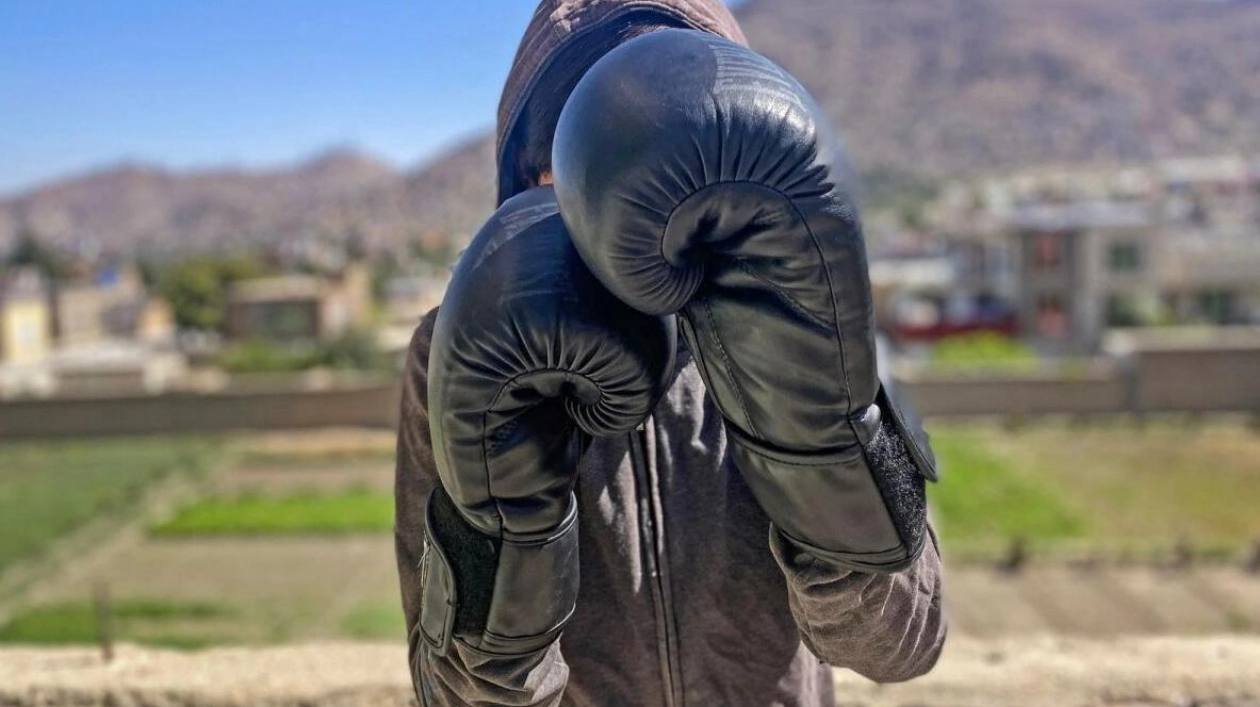Most mornings after praying, 25-year-old Sanah joins several women from her neighbourhood in Kabul, Afghanistan, for a walk along the main road before it becomes congested with traffic. They avoid jogging or getting too close to the numerous Taliban checkpoints. Their exercise is conducted discreetly, not for competition, but for a semblance of health and peace of mind in a country where the Taliban government has banned women from participating in sports.
"We cannot go near the Taliban checkpoint because they ask, 'Why are you outside the house so early? Where are you going? Why do you need to exercise, you don't have to, so don't,'" said Sanah, whose name has been changed, along with all the women interviewed by AFP, out of fear of retaliation. The Taliban authorities have enforced a strict interpretation of Islamic law, with women bearing the brunt of the restrictions, which the United Nations has termed "gender apartheid."
In November 2022, the Ministry for the Propagation of Virtue and the Prevention of Vice announced that women were prohibited from parks and gyms, citing their failure to adhere to a dress code that mandates them to cover up. Previously, gyms had allocated time slots for women, but now, informal women-only fitness clubs are rare and operate under the radar.
Sanah and her companion, Latifah, who is middle-aged, used to walk in the city's large, tree-lined parks. The last time Latifah visited the park near her home, shortly after they were permanently closed to women, she was forcibly removed, recounting the incident with tears in her eyes. "The doctor advised me to exercise more due to my high cholesterol and fatty liver, but the Taliban won't let us exercise or go to the gym or walk (freely) outside," she said.
Sanah dreams of becoming a yoga teacher and leads the group through gentle aerobic exercises and meditation after their walk. Sitting on a protected balcony away from prying eyes, she softly instructs, "Take a deep breath."
Forced out of their gym, Rayan and a few fellow women boxers now practice in a friend's home, using whatever equipment they can find. In a society already hostile to women in sports, the situation has become even more draconian. "We train less, but we never stopped," said the 19-year-old Rayan, watching a video of her past boxing matches with a bittersweet nostalgia.
Bahar, another former competitive boxer, revealed that the situation has left her and other Afghan women stressed, exhausted, and disheartened. "But when we box, it pushes all that away for a moment. Even if we only train for a few minutes, it makes a big difference," she said, her hands still stained with henna from her recent wedding. Her husband is unaware of her continued boxing.
Many women athletes have fled Afghanistan since the Taliban takeover. Some continue to compete internationally, including at the recent Paris Olympics, but they do so under the flag of the ousted Republic. The Taliban authorities are not officially recognized by any state.
"In Afghanistan, girls' sports have been halted. When girls' sport isn't practiced, how can they join the national team?" said Atal Mashwani, spokesman for the Taliban government's sports directorate.
Banafsha, a black belt in the Chinese martial art of wushu, expressed mixed feelings about Afghan women's participation in the Olympics. The Afghan team in Paris included three men and three women, while Afghan women also competed in the Refugee Team. "It made me happy that women haven't surrendered yet, they are committed to their goals," she said. "But I was also sad. Why can't they go to the Olympics from within their own country?"
The former national competitor burned her uniform when the Taliban took power. Now, she struggles to leave the house and finds it hard to motivate herself to practice, feeling "hopeless and heartbroken."
Hasina Hussain Zada, who works for Free to Run, an organization focused on women's empowerment through sport, noted that while there are various online exercise videos and classes, they cannot replace in-person training, being part of a team, or exercising outdoors. "We tell our participants to think about it as if it were Covid time," said the 28-year-old, who fled to Canada after the Taliban takeover. She has been working with the non-profit since 2018, which continues to support women in Afghanistan in indoor exercise, albeit "cautiously and secretly."
"You don't need to think about the Taliban, the rules... just think about it as if it were Covid time when everyone was doing their exercises at home," she said. "We're trying to change their mindsets, we're trying to give them hope."






